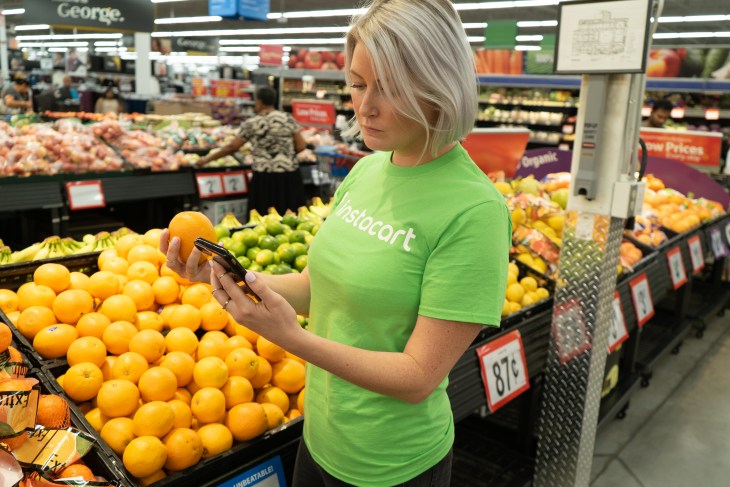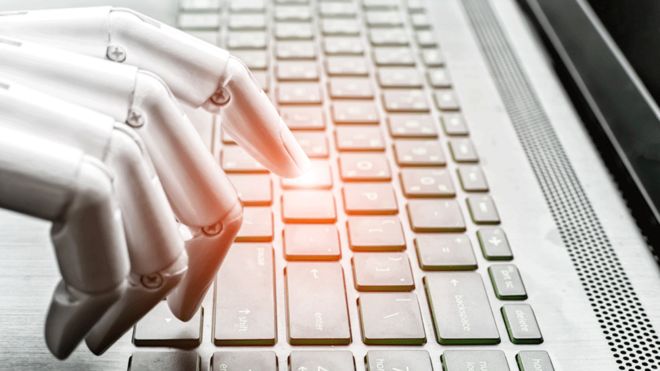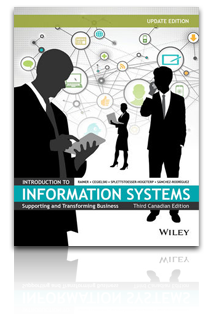
Google has been accused of using hidden webpages that are assigned to users to provide more information to advertisers about their every move online.
The allegation has been added to a complaint lodged with the Irish Data Protection Commission.
The tech firm insists it acts in accordance with EU privacy laws.
It comes a day after Google was fined $170m (£138m) by a US watchdog for illegally capturing data from children and targeting them with adverts.
Source: BBC Technology News
Date: September 5th, 2019
Link: https://www.bbc.com/news/technology-49593830
Discussion
- A police officer “said he discovered hidden webpages that had a unique address. It acted as an identifier, which was unique to him. This so-called pseudonymous marker, when combined with cookies, can help track user activity across the web, he claims.” Should Google be allowed to anonymously track everything you do?
- How could you stop Google tracking you?
PublishedGoogle’s ‘secret web tracking pages’ explained is now live.
What’s next?Post addressView PostCopy LinkAlways show pre-publish checks.










